Record heat may partly be Watch I Don't Love You Yet Onlineto blame for the bizarre, historic, and exciting second game of the World Series between the Los Angeles Dodgers and the Houston Astros on Wednesday night.
A record-setting 8 home runs were hit during the course of 11 innings of play. Games with higher temperatures tend to, but don't always result in, a greater number of home runs, since higher temperatures allow balls to fly a bit farther than they would in colder, denser air.
SEE ALSO: The Dodgers just won the hottest World Series game in historyGame Two, which the Astros eventually won, had a starting temperature of 93 degrees Fahrenheit, making it one of the hottest postseason games in the history of the sport. A brush fire was burning within sight of Dodgers stadium, a testament to the extremely hot, dry, and windy conditions at game time.
Some of the homers would've been hit out of the park no matter what the temperature was. However, others, particularly the tying home run by the Astro's Marwin Gonzalez in the 9th inning, might have fallen short of the wall on a cooler day.
 Houston Astros' George Springer celebrates after hitting a two-run home run. Credit: AP/REX/Shutterstock
Houston Astros' George Springer celebrates after hitting a two-run home run. Credit: AP/REX/Shutterstock The first two games of the 2017 World Series took place during an unusual late season heat wave and wildfire outbreak in California.
In fact, Game One set an all-time high temperature milestone, with a first pitch temperature of 103 degrees Fahrenheit. This didn't just break the previous record for the hottest postseason game -- it shattered it. The previous hottest postseason game had a temperature of 94 degrees at first pitch, and it took place in Phoenix in 2001, according to meteorologist Alex Lamers.
On Tuesday, high temperatures reached a record-setting 108 degrees Fahrenheit in parts of southern California, which wasn't just a record for that region: It was also likely the hottest temperature ever observed in the U.S. this late in the year.
Meteorologists and baseball fans have long known that, all things being equal, hot weather is associated with higher scoring games. Extreme heat can help make the difference between a line drive and a shallow home run, since higher temperatures allow balls to travel slightly farther. Cold temperatures, on the other hand, can slightly inhibit home runs. Statistics from games during 2017 show this temperature effect.
This Tweet is currently unavailable. It might be loading or has been removed.
According to mlb.com, major league teams tend to hit better and score more runs during hotter games. "Just 3.1 percent of at-bats ended in a home run at the coldest temperatures; 4.4 percent did at the warmest," wrote MLB columnist Mike Petriello on Oct. 24, comparing games that took place across a range of temperatures.
Given the increased likelihood of more severe and long-lasting heat waves around the world, stemming from human-caused global warming, we might need to get used to games like Wednesday night's.
The World Series now goes to Houston, where temperatures are cooler, and a domed stadium means the climate will be more controlled. In other words, don't expect another topsy turvy home run derby of a game to occur.
Then again, with these two teams, you never know...
(Editor: {typename type="name"/})
 Keeping Hope Alive
Keeping Hope Alive
 David Rakoff, 1964–2012 by Lorin Stein
David Rakoff, 1964–2012 by Lorin Stein
 Steve Martin's perfect fix for not being recognized during a pandemic
Steve Martin's perfect fix for not being recognized during a pandemic
 Twitter now publicly shows who you're paying to subscribe to via Subscriptions
Twitter now publicly shows who you're paying to subscribe to via Subscriptions
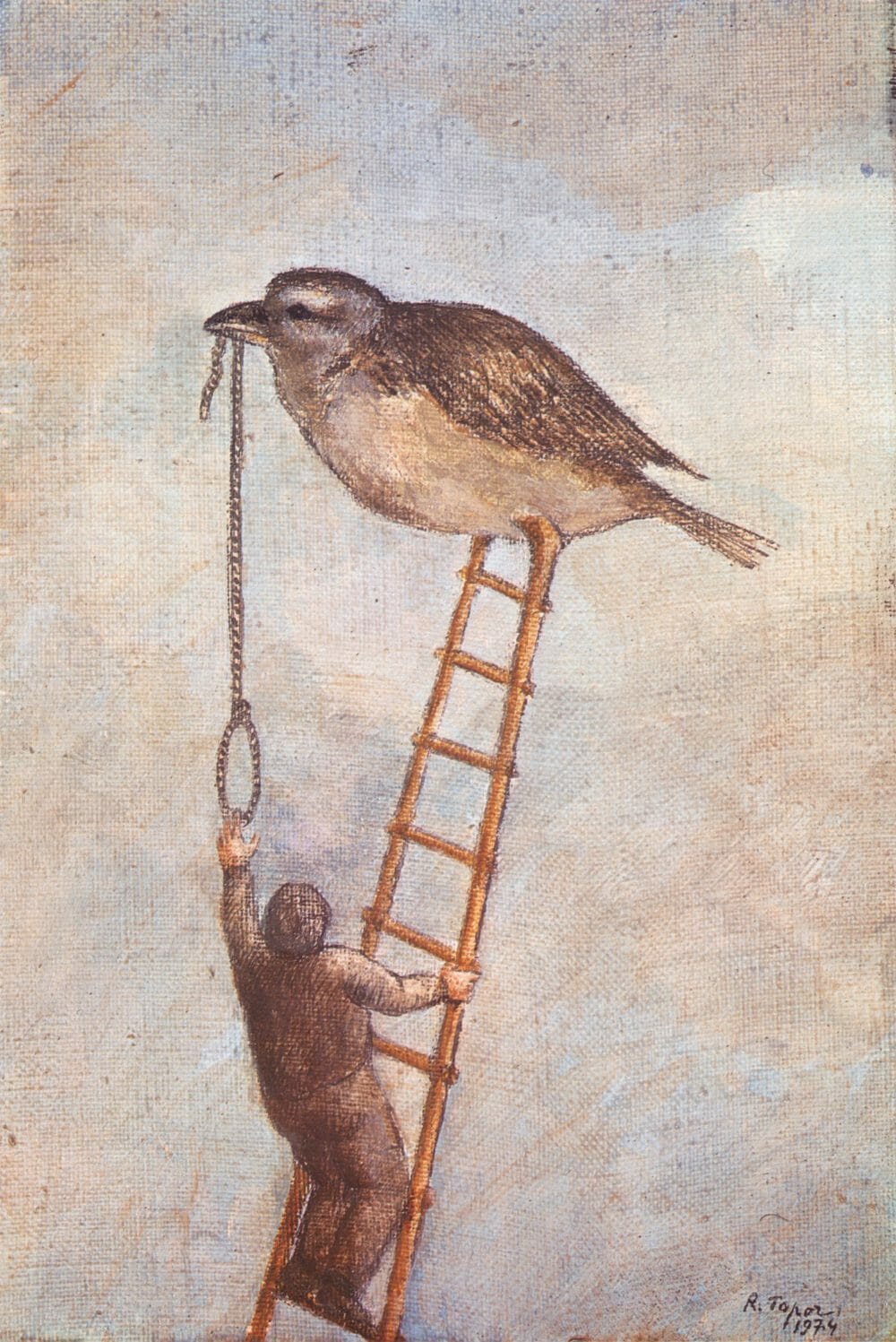 Episode 4: The Wave of the Future
Episode 4: The Wave of the Future
Best keyboard deals: Save on Asus gaming keyboards at Amazon
 The best Asus gaming keyboard deals Best Asus Keyboard Deal
...[Details]
The best Asus gaming keyboard deals Best Asus Keyboard Deal
...[Details]
Drum battle between Dave Grohl and 10
 In his latest play in the ongoing rock battle with Nandi Bushell, Dave Grohl improvised a superhero
...[Details]
In his latest play in the ongoing rock battle with Nandi Bushell, Dave Grohl improvised a superhero
...[Details]
12 best tweets of the week, including beans and Keanu Reeves
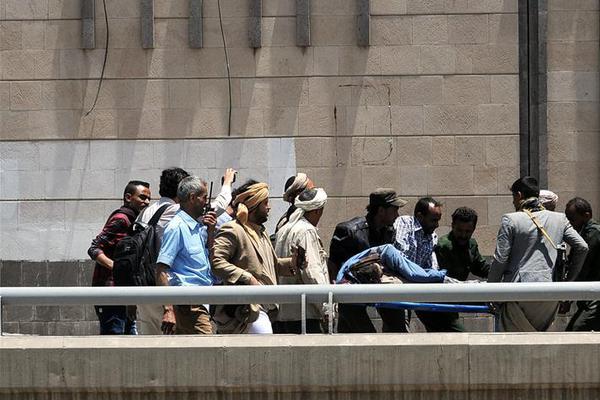 Summer is in the books, the pandemic's still raging, and, well, we've got good tweets.We've been col
...[Details]
Summer is in the books, the pandemic's still raging, and, well, we've got good tweets.We've been col
...[Details]
What We’re Loving: Dorian Gray, Sex with Immortals by The Paris Review
 What We’re Loving: Dorian Gray, Sex with ImmortalsBy The Paris ReviewJuly 27, 2012This Week’s Readin
...[Details]
What We’re Loving: Dorian Gray, Sex with ImmortalsBy The Paris ReviewJuly 27, 2012This Week’s Readin
...[Details]
Amazon Prime Grubhub deal: Save $10 off orders of $20 or more
 SAVE $10: From May 12 to June 8, Amazon Prime members using the Grubhub+ account included with their
...[Details]
SAVE $10: From May 12 to June 8, Amazon Prime members using the Grubhub+ account included with their
...[Details]
'Ted Lasso' bungled Nate Shelly's redemption arc
 When Coach Nate (Nick Mohammed) turned to the dark side in Ted Lasso's Season 2 finale, I pulled a q
...[Details]
When Coach Nate (Nick Mohammed) turned to the dark side in Ted Lasso's Season 2 finale, I pulled a q
...[Details]
The Southern Underbelly: Remembering Lewis Nordan by Clyde Edgerton
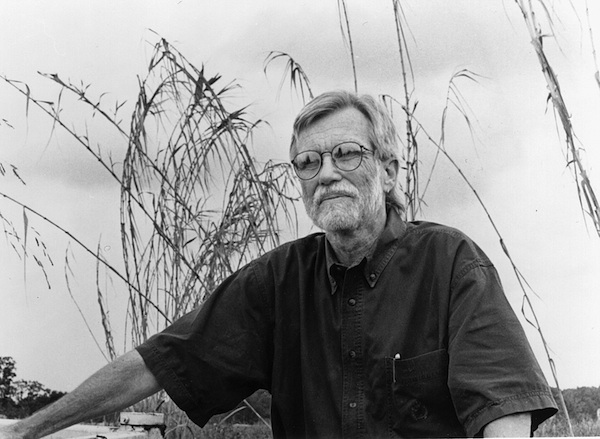 The Southern Underbelly: Remembering Lewis NordanBy Clyde EdgertonAugust 8, 2012In MemoriamThe other
...[Details]
The Southern Underbelly: Remembering Lewis NordanBy Clyde EdgertonAugust 8, 2012In MemoriamThe other
...[Details]
Dreaming in French by Brian Cullman
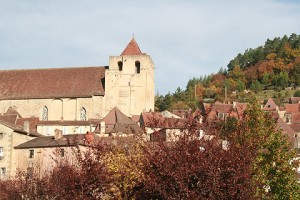 Dreaming in FrenchBy Brian CullmanJuly 30, 2012Arts & CultureSaint CyprienOn the rare occasions
...[Details]
Dreaming in FrenchBy Brian CullmanJuly 30, 2012Arts & CultureSaint CyprienOn the rare occasions
...[Details]
I'm a college professor. My advice to young people who feel hooked on tech
 When I was a child, computers were a fixture in my home, from the giant Atari on which I learned my
...[Details]
When I was a child, computers were a fixture in my home, from the giant Atari on which I learned my
...[Details]
Buy Elvis’s Library Card by Sadie Stein
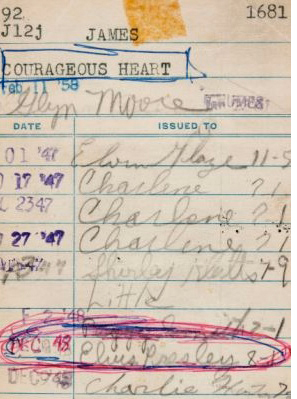 Buy Elvis’s Library CardBy Sadie SteinAugust 9, 2012On the ShelfElvis Presley’s 1948 library card ca
...[Details]
Buy Elvis’s Library CardBy Sadie SteinAugust 9, 2012On the ShelfElvis Presley’s 1948 library card ca
...[Details]
接受PR>=1、BR>=1,流量相当,内容相关类链接。